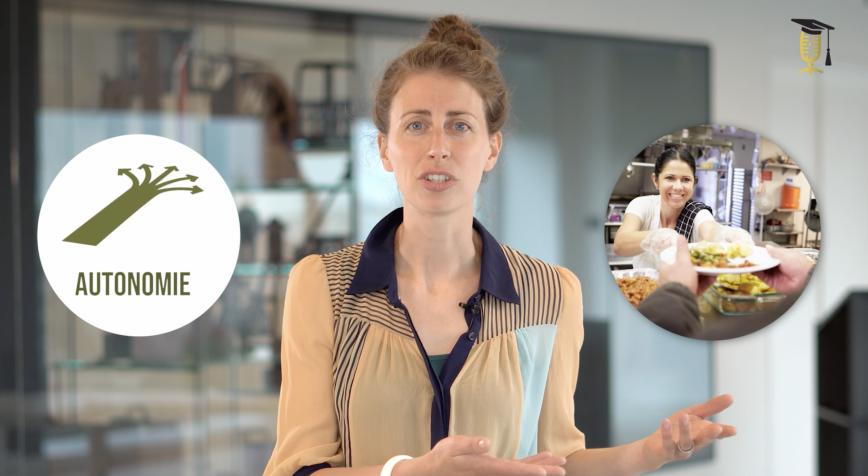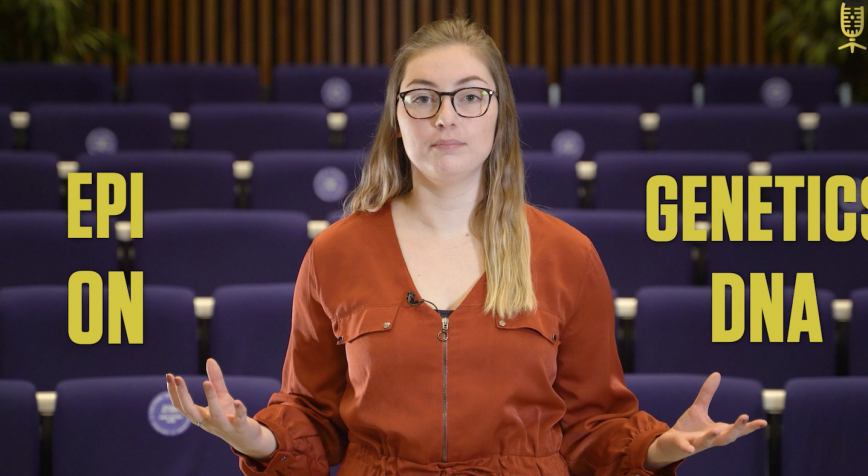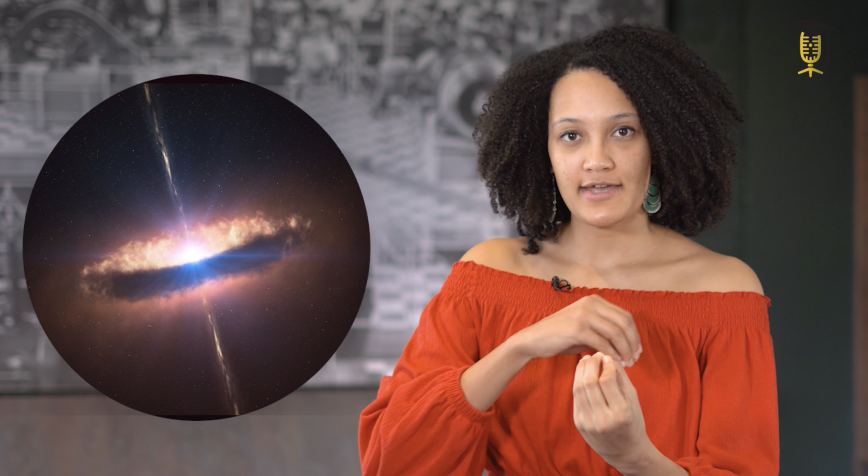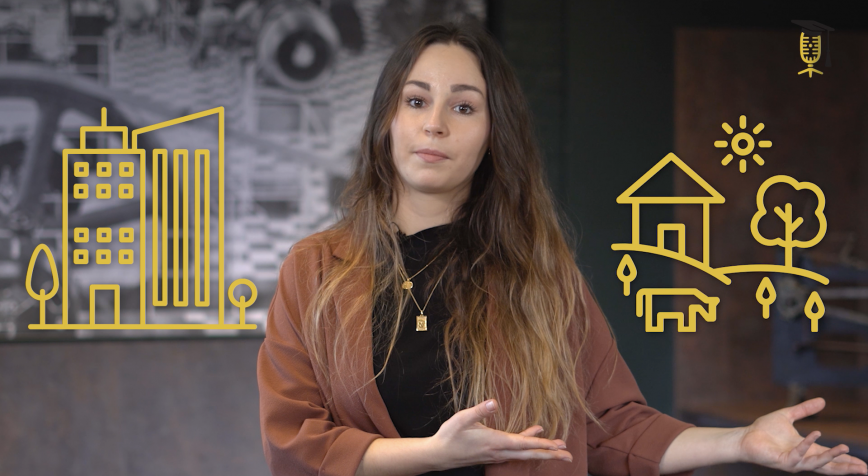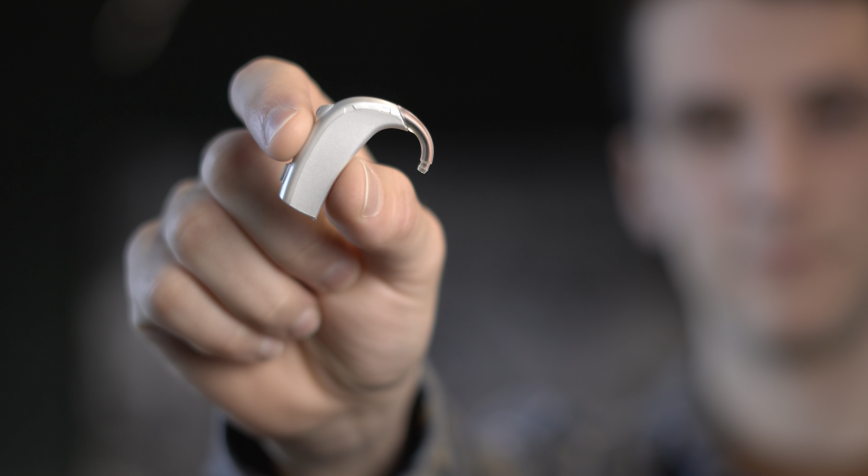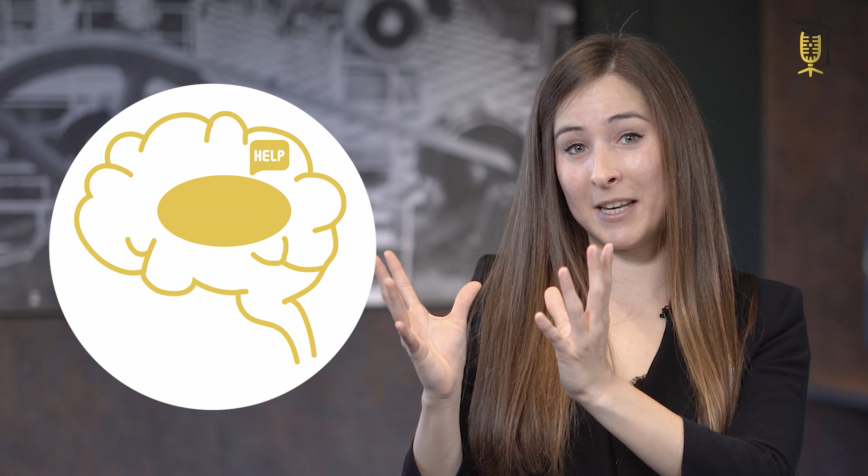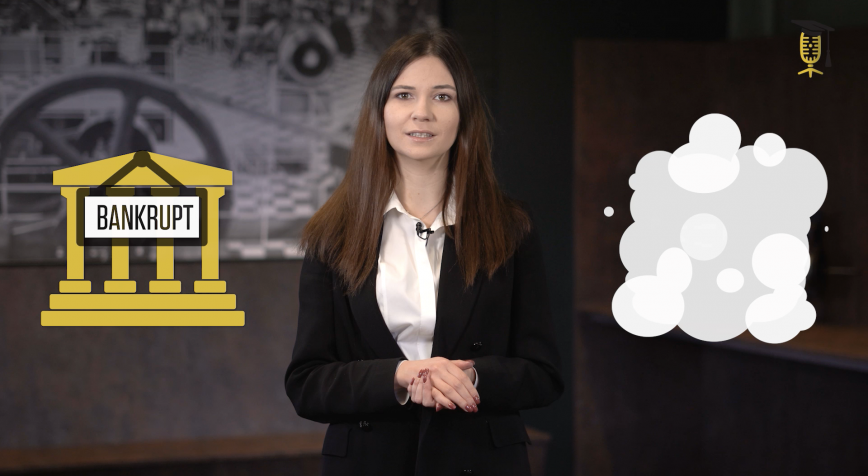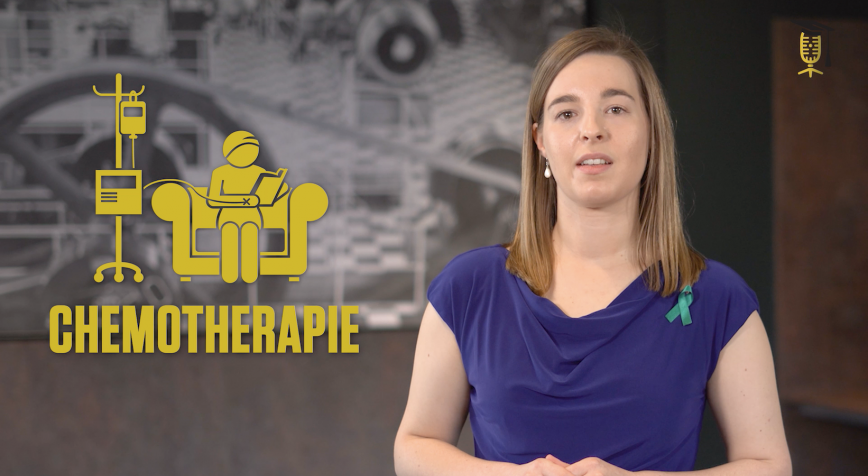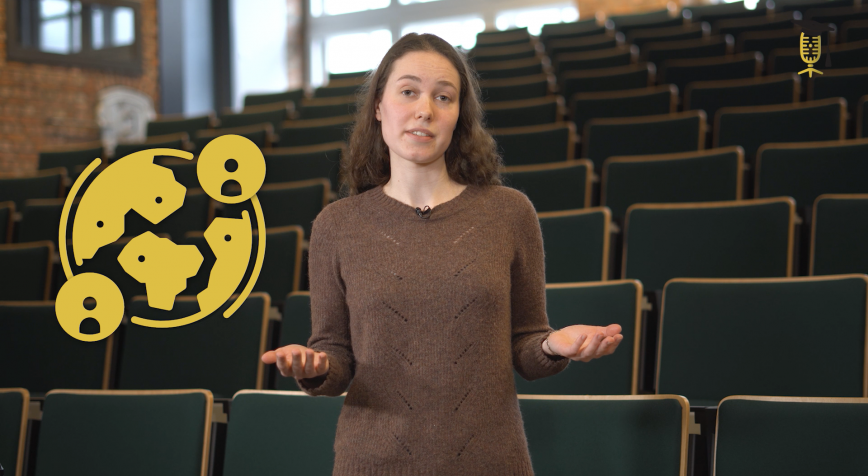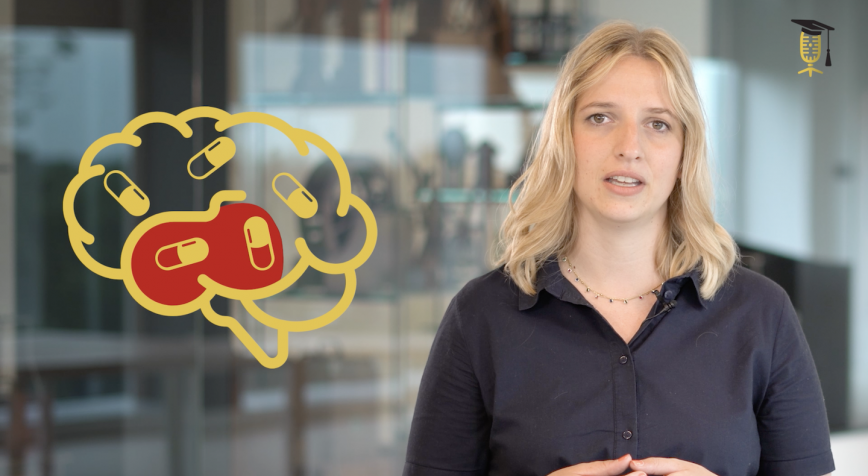
UGent
In search of a new treatment for epilepsy
What if your life were in danger every time you took the stairs or drove a car? This applies to epilepsy patients: an epileptic seizure on the stairs or behind the wheel could have a very bad outcome. That is why Jana Desloovere (UGent) is working on new and more effective treatment. In this way she hopes that in the future people with epilepsy can drive a car or climb the stairs without worries.
